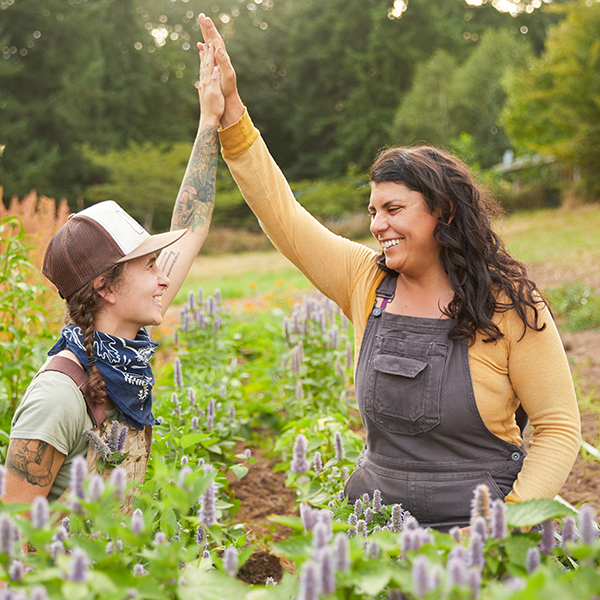Beyond the mere act of cultivating crops, farmers ought to prioritise the cultivation of meaningful human relationships in their interactions with farmhands. It goes beyond the rows of plants; it’s about sowing the seeds of respect, understanding, and collaboration within the farming community.
The success of a farm isn’t solely measured by the yield of the land, but also by the strength of the bonds formed between those who nurture it. In essence, fostering positive human connections becomes as integral to a farmer’s responsibilities as tending to the crops, creating a harmonious environment where everyone involved feels valued and motivated to contribute their best to the shared vision of agricultural success. Farm helps or staff are the most valuable assets that any farmer can possess especially with Nigeria’s low receptivity to technological advancement. In a paradigm shift that resonates with both compassion and pragmatism, farmers are increasingly recognising the importance of treating their labor force as teammates rather than mere workers.
What could be responsible for this shift in perspective?
Traditionally, the agricultural landscape has been marred by hierarchical structures, with farm hands often relegated to the role of mere labourers. However, visionary farmers across the globe are challenging this norm, understanding that true success in agriculture hinges not only on the soil but on the well-being and motivation of those tilling it. In this evolving narrative, farmers are acknowledging that a motivated and contented workforce translates to increased productivity. Take, for instance, the story of Mr. Joshua who recently posted on his farmhouse WhatsApp platform, that he was grateful for the facilities he put in place for his staff as he himself had had to be on the farm for three days and yet comfortable.
By fostering a team spirit and treating his farm hands as vital contributors rather than expendable workers, he witnessed a comfortable environment for increased productivity. He wrote: “I tell farm owners to treat their staff like humans, not animals. If I had not provided my staff a decent place to stay on the farm, mattresses, mosquito nets, borehole to drink from and mini solar system to power their devices, how would I have navigated my impromptu stay on the farm. Today is Day 3 of living on the farm alone and I have never had a low battery!”
Providing fair compensation
One crucial aspect of this shift is the recognition of fair compensation for farm hands. Rather than meagre wages, farmers are increasingly embracing the idea that a well-paid workforce is an invested and motivated one. Also, nurturing a sense of teamwork involves investing in the growth of the farm hands. Forward-thinking farmers now organise regular training sessions for their team, equipping them with new skills and knowledge. This not only enhances productivity but also empowers the workforce, fostering a sense of pride and ownership in their contributions.
As Nigerian agriculture embraces a more compassionate and collaborative approach, the narrative is shifting from one of mere cultivation to one of shared success. Treating farm hands as teammates rather than slaves is not just an ethical choice; it is an investment in the future of Nigerian agriculture; one where teamwork sows the seeds of prosperity for both the land and its stewards.

